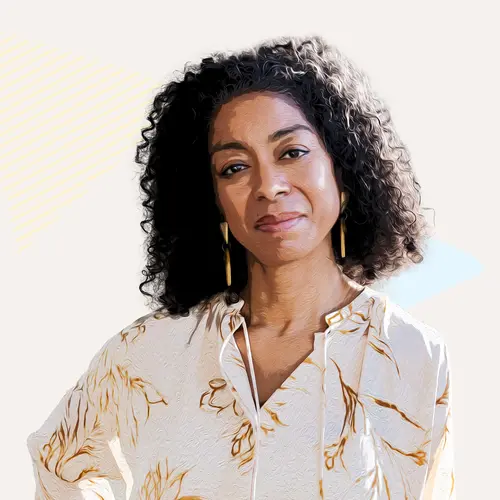Nutrition is an important part of your health, and that’s especially true when you have ovarian cancer. A healthy diet nourishes your body, providing fuel and nutrients that keep you strong. An oncology-trained dietitian can help you to eat well throughout your cancer journey.
How Ovarian Cancer and Treatment Affect Nutrition
Cancer can change how your body needs and digests food. It might make you less hungry or make it harder for your body to absorb nutrients from food. Your doctor might call these changes anorexia (loss of appetite) and cachexia (loss of muscle and fat). These changes can cause you to become malnourished or lose weight. They don’t happen to everyone, but they can make you feel worried if they do.
Cancer treatment also can affect your appetite. Chemotherapy and radiation can cause side effects. These include nausea, diarrhea, and changes in how things taste. These side effects can make it hard to eat. Sometimes, these side effects last long after treatment has ended.
Food as Medicine
Cancer and its treatment can make you feel weak or tired. They also might raise your chances for getting an infection. Good nutrition won’t treat ovarian cancer by itself or improve ovarian cancer survival rates.
But it can help you save your strength, manage side effects, and avoid infections. An oncology-trained dietitian can help you get the nutrition you need for your best quality of life during and after treatment.
What Is an Oncology-Trained Dietitian?
This professional specializes in the dietary needs of people with cancer. You might also hear them called oncology dietitians or cancer dietitians. They’re similar to nutritionists, but they must pass an examination from the Commission on Dietetic Registration. Some states don’t require nutritionists to have training or certifications.
Cancer dietitians can offer helpful tips for staying nourished during your cancer journey. For example, if you’re finding it hard to eat as much as you should, they might recommend ways to get enough calories. This could mean eating smaller meals more often or choosing high-calorie snacks like full-fat dairy products. Every person with cancer has unique nutritional needs. It’s important to talk to your doctor about what kind of diet is best for you.
Your cancer dietitian will make suggestions that are specific to your situation. They should respect your cultural and religious traditions, such as not eating certain foods.
Cancer dietitians can also talk to your family members about how to support you and your nutrition needs. They also can help you make a plan for maintaining a healthy weight after recovery.
What to Expect at Your Appointment
Preparing for your appointment can help you to get the most benefit from it. Think about what you usually eat, drink, or take as a nutritional supplement. It might be helpful to use a food log to keep track of what you eat at each meal. Include any supplements or vitamins you take. If possible, bring the whole container or take a photo of the label in case your dietitian wants to look at the information.
Also, make a note of whether you have nausea, diarrhea, constipation, or any other side effects of treatment, and when they’re most likely to happen. If you don’t have an appetite and find it hard to eat anything, let them know that as well. Make a checklist of questions you want to ask so that you don’t forget any.
At your appointment, your dietitian will ask you about your weight, diet, physical activity habits, and any vitamins you take. They also might ask about how your cancer has impacted your ability to eat and carry out daily tasks. They might look for signs of malnutrition like weight loss or changes in your nails, eyes, and skin.
Your dietitian might make recommendations for your diet and physical activity. They might advise you to take supplements and continue your food log. Take notes so you can remember everything you talk about during the appointment. It may also help to bring a loved one along with you to catch anything you miss.
Over time, your dietitian can help you identify and change your nutrition goals. For example, during treatment you might focus on easing side effects. After recovery, your dietitian can help you manage your weight and follow a healthy diet.
How to Find a Cancer Dietitian
Cancer dietitians are an important part of your care team. You can contact one at any time during your diagnosis, treatment, or recovery process. Many work at outpatient centers or hospitals. Talk with your doctor about local options.
Dietitians should be registered with The Academy of Nutrition and Dietetics. Look for the letters “RD” (which stand for registered dietitian) at the end of their name. An experienced RD can become certified in oncology nutrition by the Commission on Dietetic Registration. The certification is called CSO, which is short for board-certified specialist in oncology nutrition. Certified dietitians must pass an exam and have at least 2,000 hours of experience working with cancer patients.

